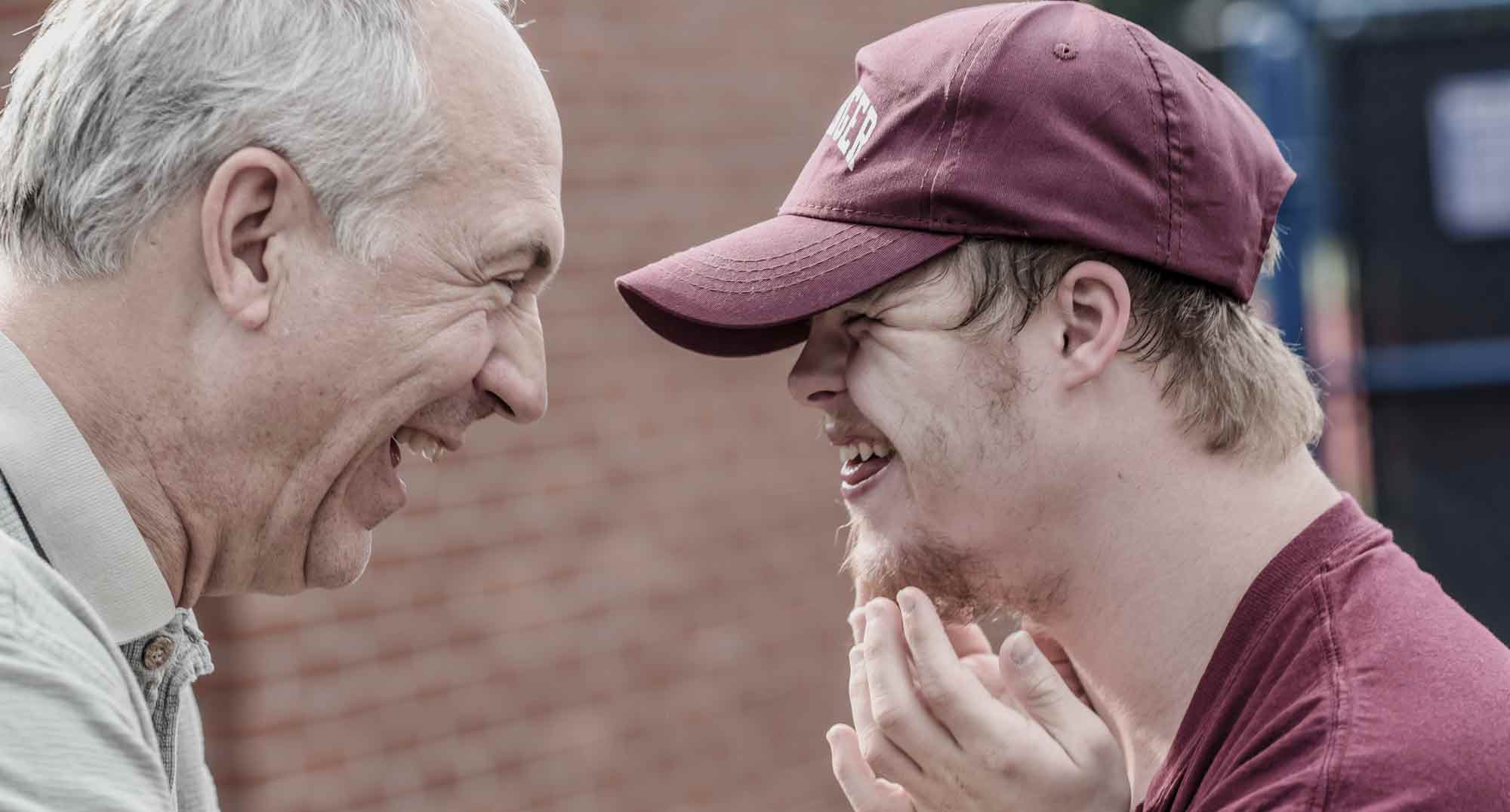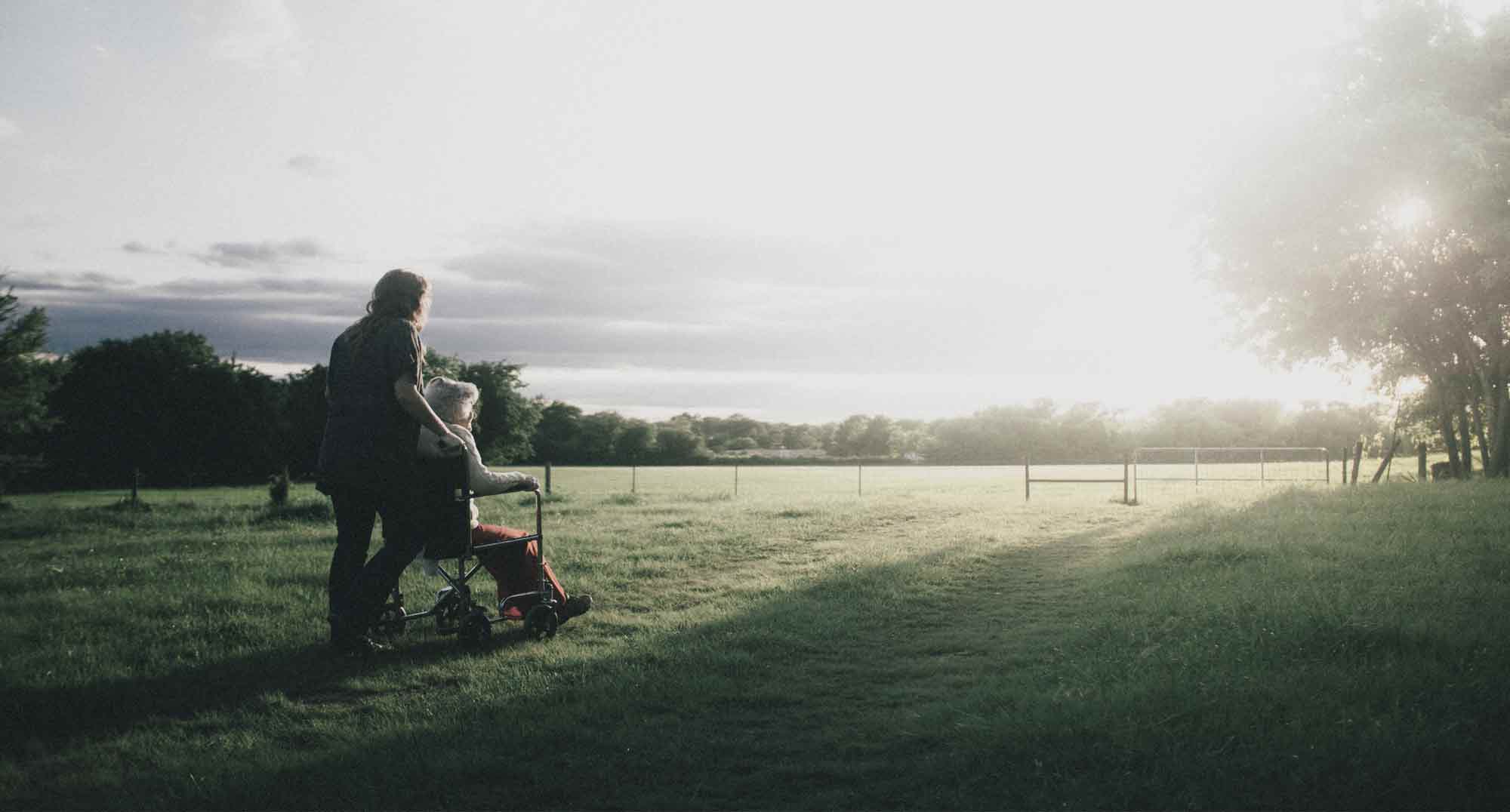When Downslide is a Downside for People with Down Syndrome
STEPHANIE HUBACH|CONTRIBUTOR STEPHANIE HUBACH|CONTRIBUTOR Upon picking my son Tim up from work one night, enclosed with his paycheck was a paper reminding employees of the company dress code at the grocery store where he works. (In his role there, we affectionately refer to him as “Cart Man.”) As I perused it, Tim asked me what it said. Reading it out loud, I quoted, “Hair of male employees shall be neatly trimmed and groomed.” To which Tim blurted out, in his jovial way, “What am I? A PET??” This type of wry humor has been characteristic of Tim for most of his teen and adult life. But not all of it. Have you ever seen the film Where Hope Grows, or do you watch Born This Way, or do you remember the TV series Life Goes On? If so, you likely have a positive picture of people with Down syndrome and their quality of life in the world. I am really thankful for that. I am deeply grateful for advocates in the generations before and during my son’s lifetime who have invested to create a more open society, a better public education system, and improved living conditions for people with Down syndrome (DS). A lot of social progress has been made for people with DS in the last several decades. If you are blessed enough to know someone with DS personally, you likely also have been embraced by a person who is frequently open-hearted to others, forgives easily, laughs heartily, worships joyfully, and dances freely. The ways in which many people with Down syndrome excel in life as image-bearers of the Living God can take my breath away at times. Many of them reflect God’s character into the world in stunning ways. My 31-year-old son Tim, who has Down syndrome, can be like that. But if we only characterize people by the successes we have made as a society on their behalf, or the ways in which their functioning is admirable, we miss the fuller picture of who they—and we—are as human beings. The Functional and Social Dimensions of Disability Disability can be characterized as having both a functional aspect and a social aspect. The functional aspect is the part of the body that doesn’t work the way we expect it to. In DS, this involves possessing an extra copy of the twenty-first chromosome. (Hence the medical name for Down syndrome: Trisomy 21.) This extra bit of chromosomal material creates a vast array of complications in learning, in communication, in the immune system, in heart health, and in digestive health—to name a few. The functional aspects of disability cry out for merciful engagement from others. I like to rely on the definition of mercy that was posited by St. Gregory of Nyssa—that “mercy is a voluntary sorrow which enjoins itself with the suffering of another.” While most people with DS would not describe their lives as being characterized by suffering, in my personal experience, most people I know with Down syndrome would acknowledge that their extra chromosome does present genuine challenges in their daily functioning in the world...



